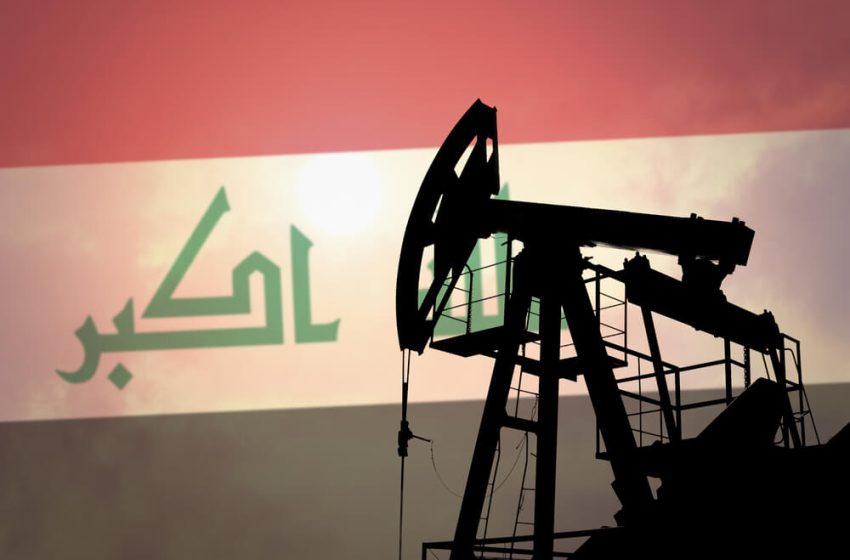Iraq reopens it’s largest oil refinery to cut imports

Baghdad – Iraq reopened on Friday what was once the country’s largest oil refinery, a step the government hopes will lead to an end to its dependence on fuel imports.
The North Refinery in the city of Baiji, 200 kilometres (124 miles) north of Baghdad, was heavily damaged in some of the fiercest battles with the Islamic State group (IS) after it swept across a third of Iraq in 2014.
After the facility’s full rehabilitation, “the refinery’s effective capacity is 250,000 barrels per day,” Assem Jihad, the spokesman for Iraq’s oil ministry, told AFP.
Two smaller production units at the refinery complex were opened in recent years, but Friday’s reopening restored the refinery closer to its previous capacity, with an additional unit capable of producing 150,000 bpd.
“With this accomplishment, we are getting closer to meeting the country’s (oil) derivative needs no later than mid next year,” Prime Minister Mohammed Shia al-Sudani’s office said, adding that doing so would enable Iraq to end its fuel imports.
The oil-rich country “produces four million barrels a day, but still imports oil derivatives,” Sudani added during the inauguration ceremony aired on state television.
Constructed in 1975, the refinery produced up to 300,000 barrels per day (bpd) before IS seized the city of Baiji — Iraq’s one-time industrial hub — in June 2014.
Government forces retook the facility and the city in October 2015 during fierce clashes with the jihadists, but severe damage meant the refinery remained closed for years.
Other refineries operate in Iraq, with facilities in the south recording a production capacity of 280,000 bpd, according to Jihad.
In April, Iraq inaugurated an oil refinery in the central city of Karbala with a capacity of 140,000 bpd.
Ravaged by decades of conflict, Iraq’s crumbling infrastructure and endemic corruption have obstructed reconstruction efforts.
Despite its tremendous oil wealth, the country remains dependent on imports to meet energy needs.
Iraq has 145 billion barrels of proven oil reserves amounting to 96 years’ worth of production at the current rate, according to the World Bank.
Crude oil sales make up 90 percent of the Iraqi budget’s revenues.
